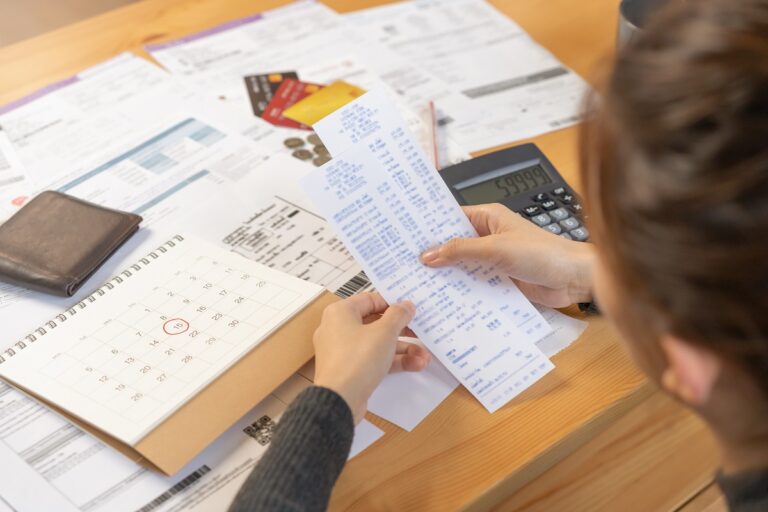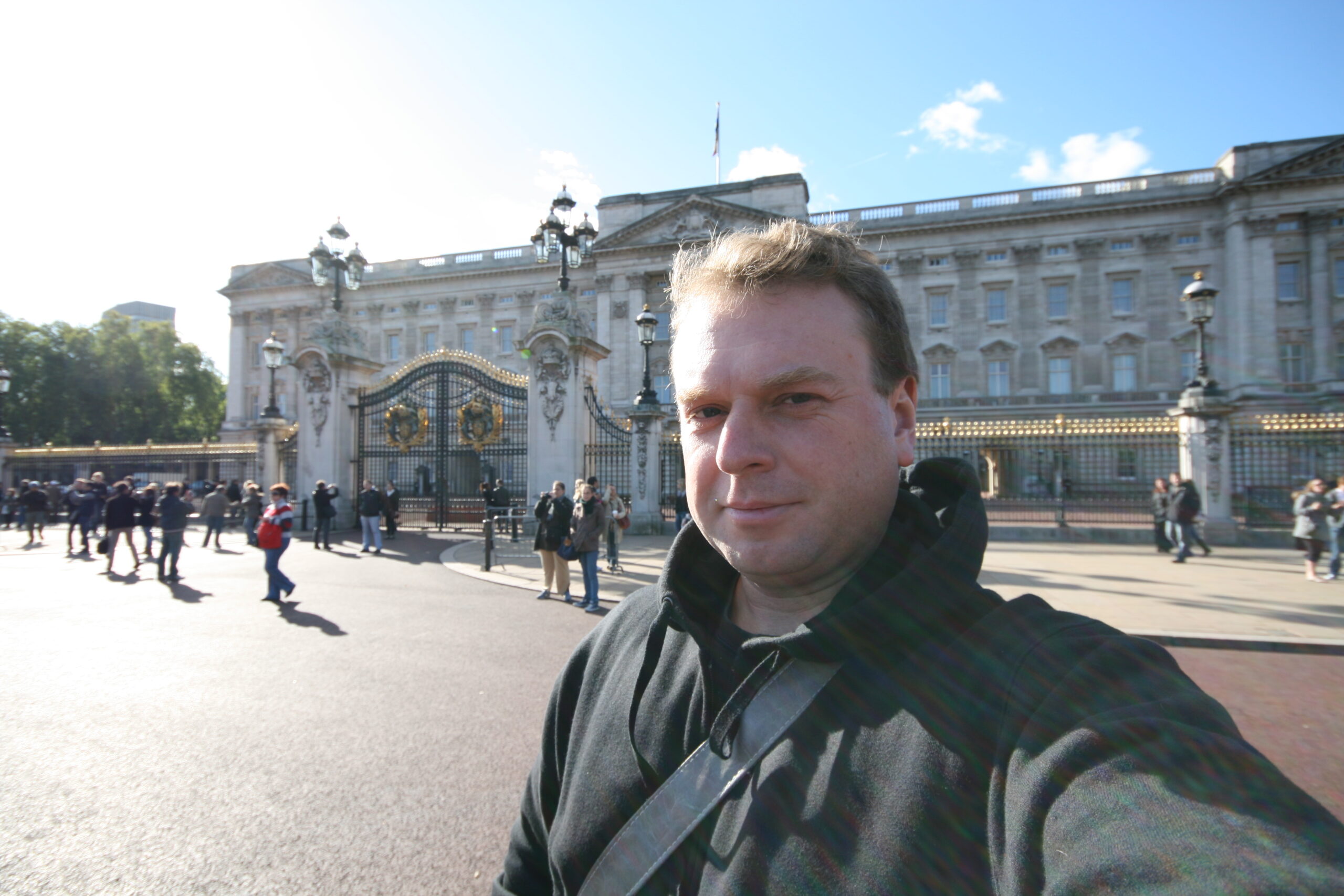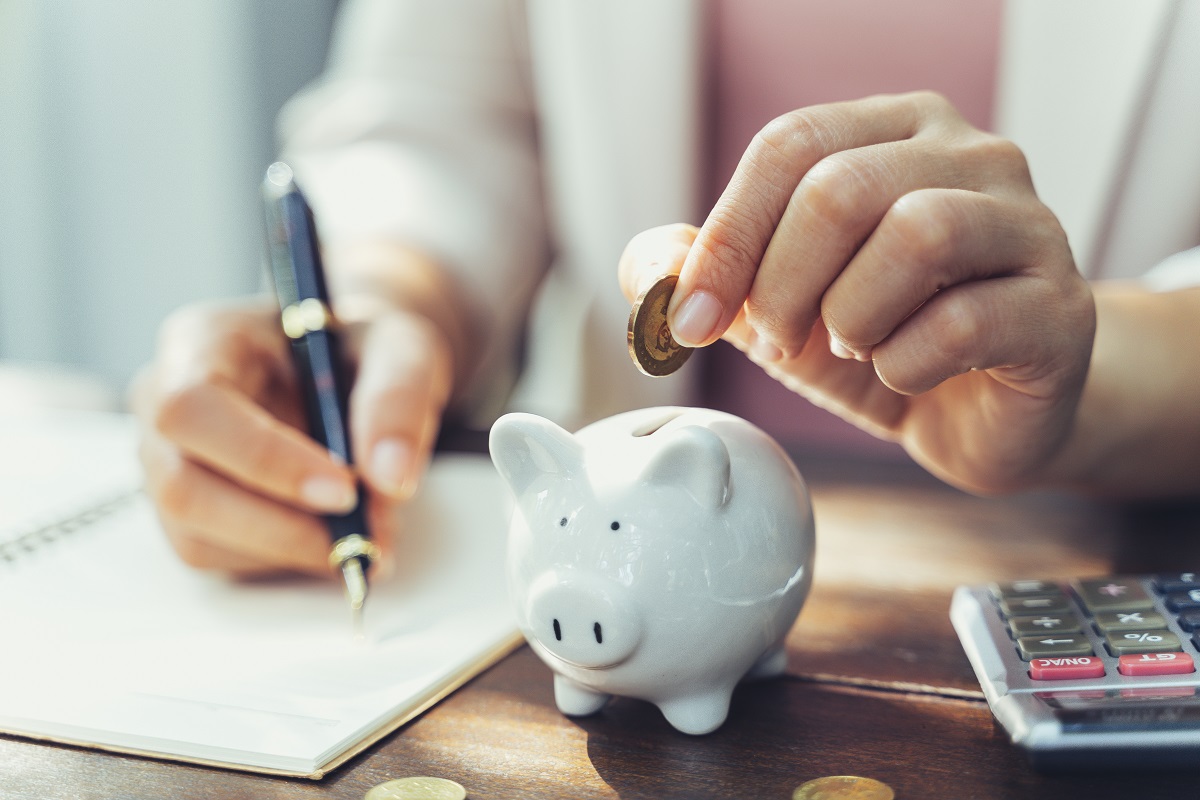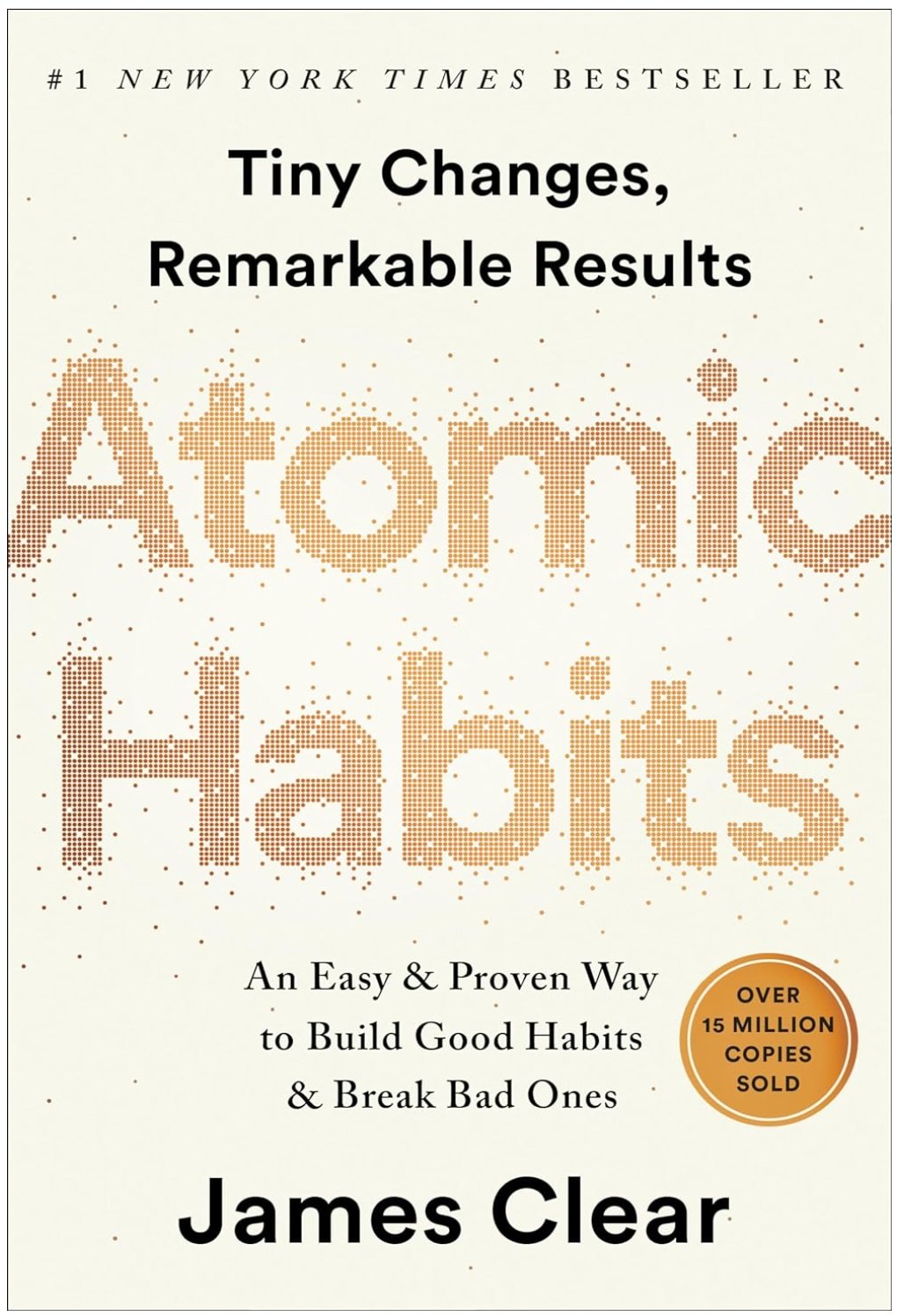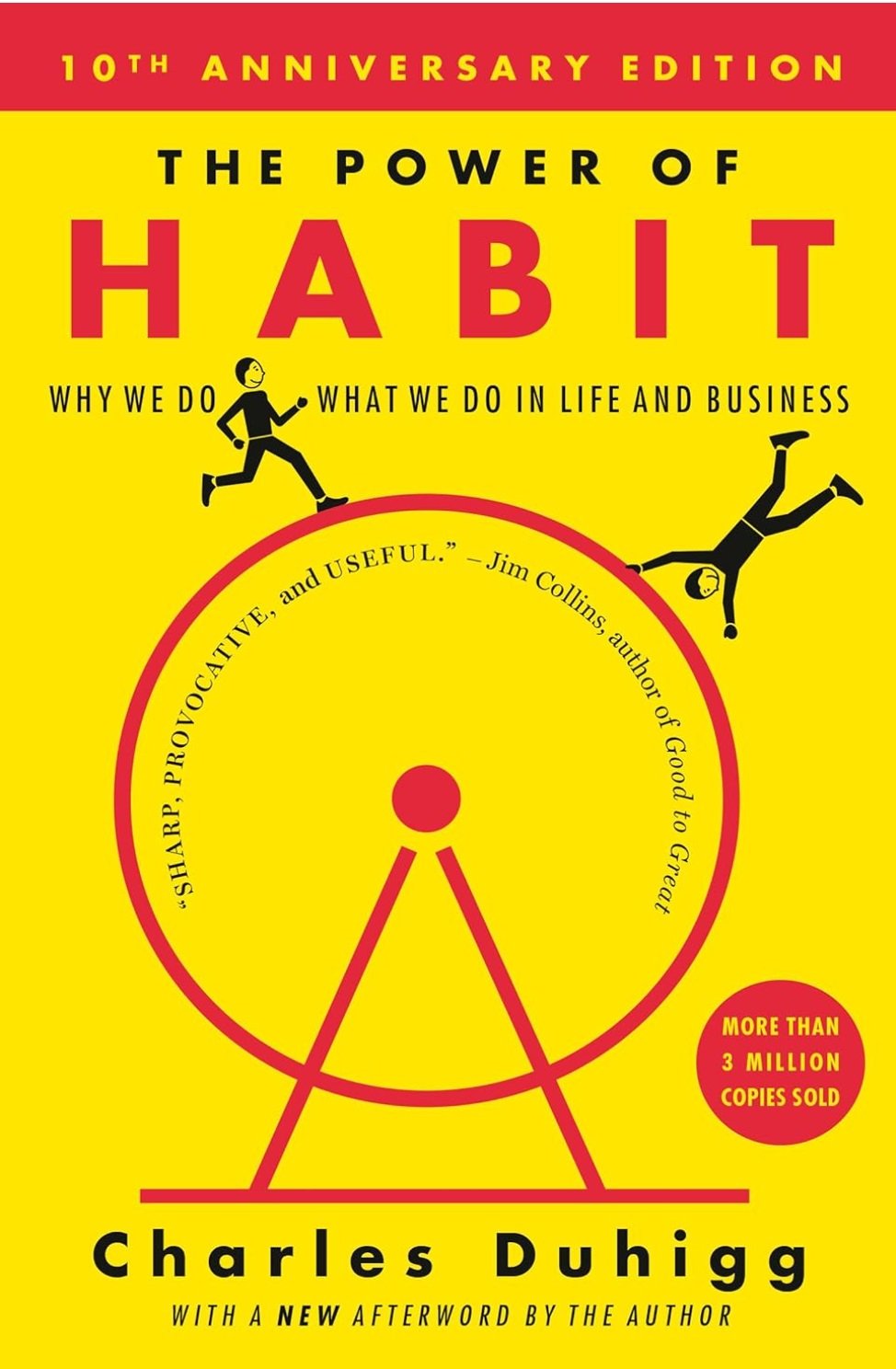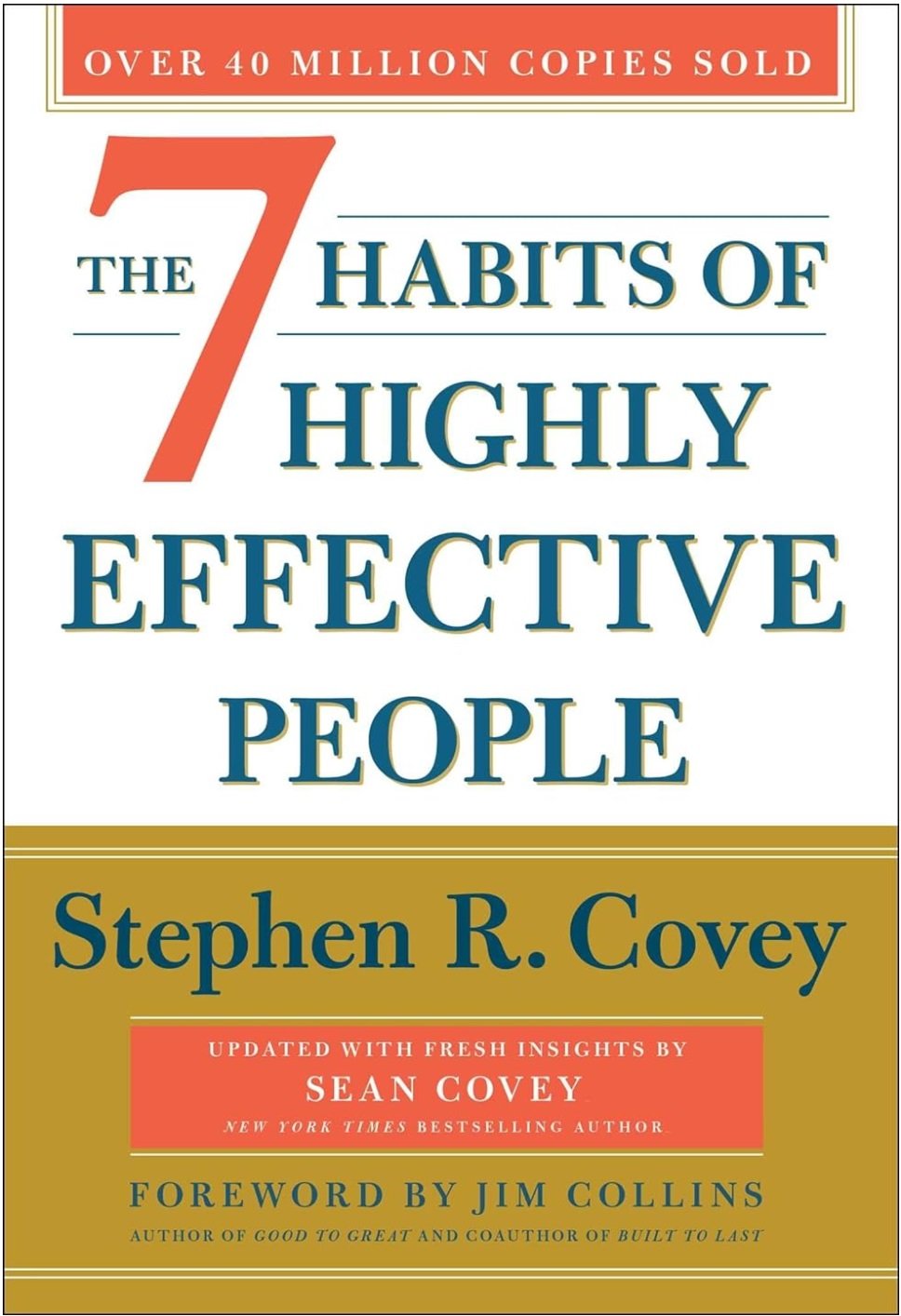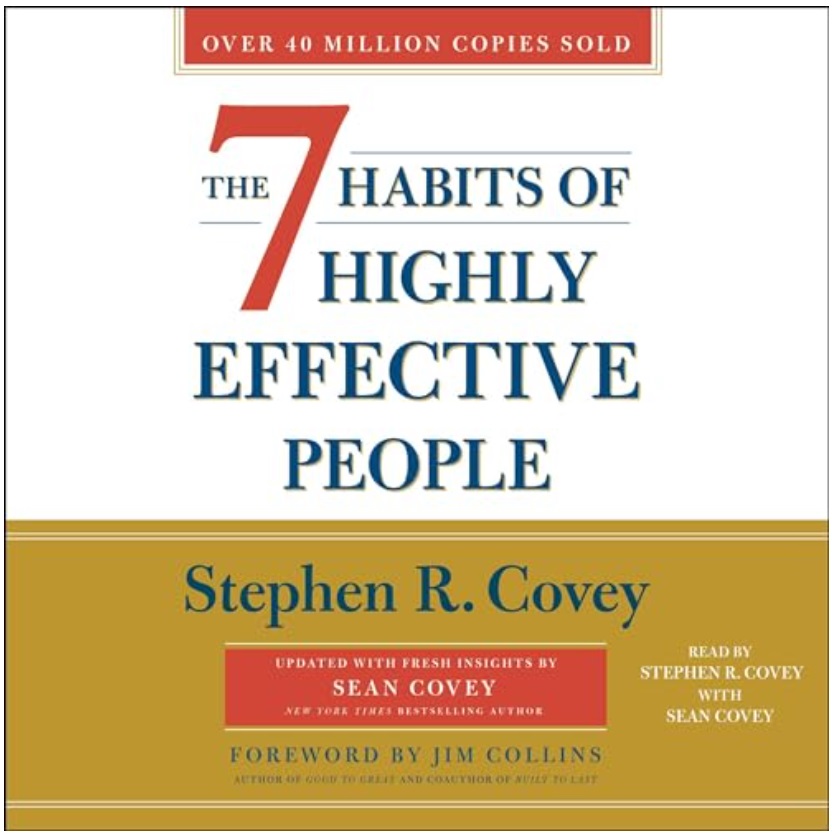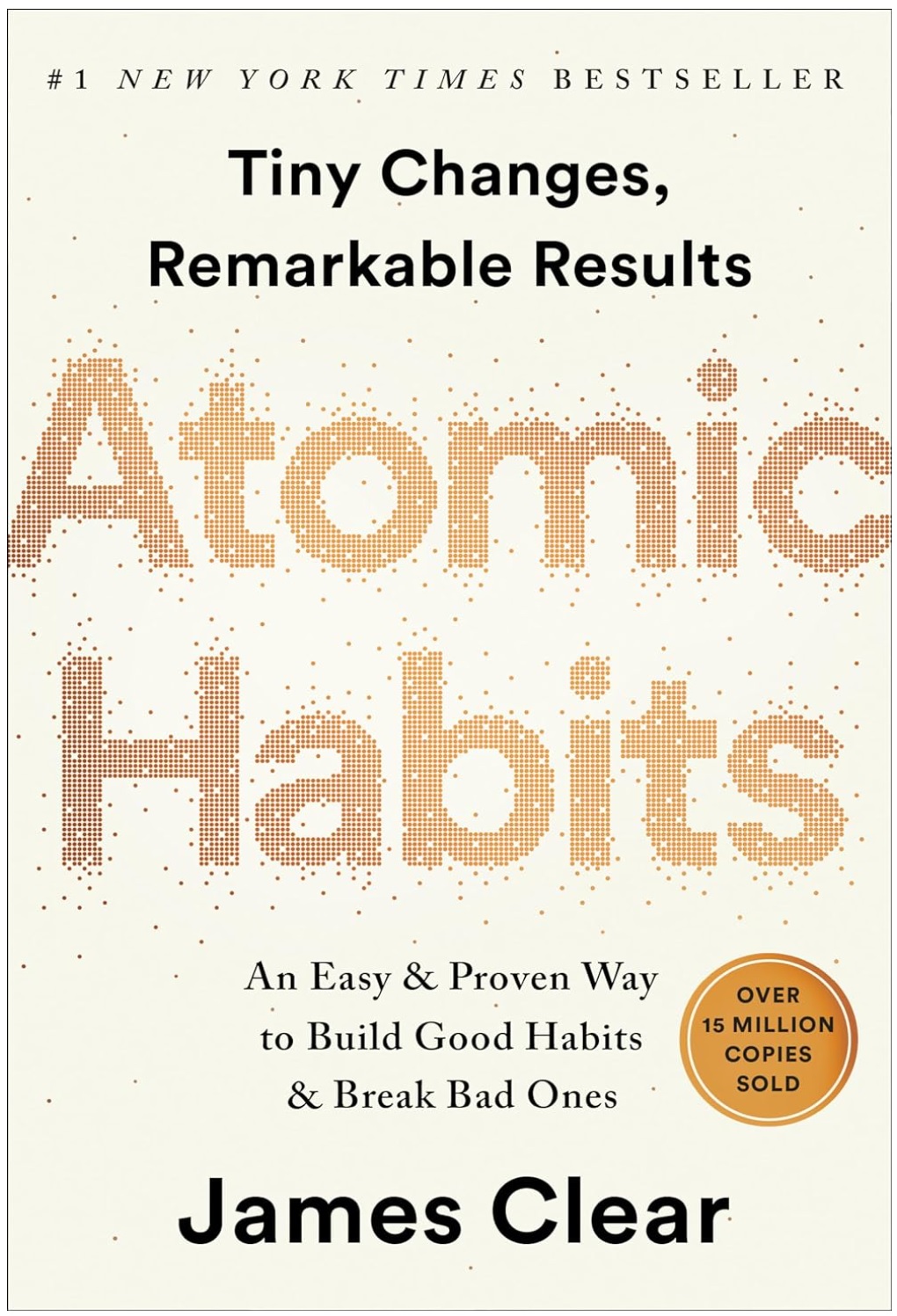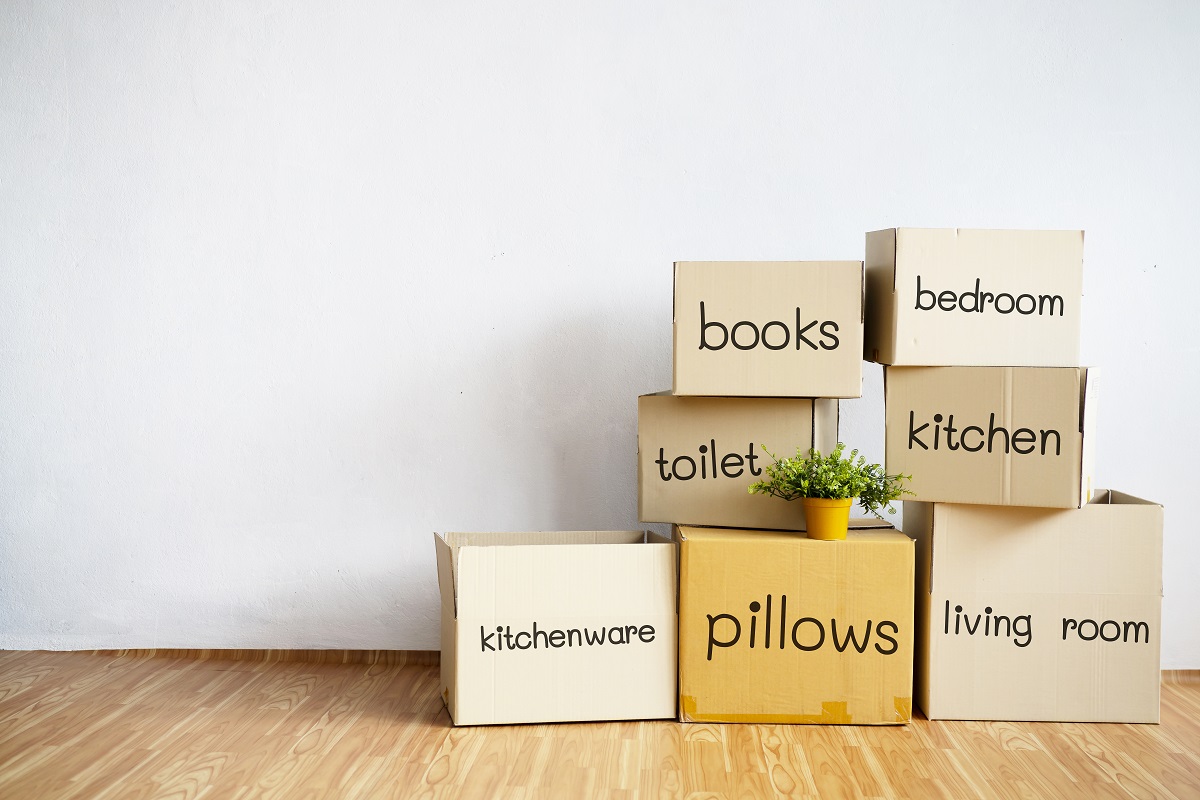- KEY POINTS
- Create an Emergency Fund: Learn why a financial safety net is crucial and how to build one effectively.
- Break Bad Spending Habits: Discover actionable strategies to identify and overcome poor financial habits.
- Investing for Beginners: Start your investment journey with practical tips for long-term success.
When I first started thinking about my financial habits, I felt overwhelmed. Debt, savings, budgets—everything seemed like a mountain I couldn’t climb. Over time, I discovered that building financial wellness wasn’t about being perfect. It was about creating habits that worked for my life and sticking to them.
Financial wellness is about more than just paying bills or saving money. It’s about building a life where money supports your goals, not your stress. In this guide, I’ll share everything I’ve learned about creating habits that make financial stability possible. We’ll cover budgets, savings, debt management, and more.
By the end, you’ll have a roadmap to take control of your finances and feel more confident about your future. Let’s dive in!
Table of Contents
Toggle1. Sticking to a Family Budget
Understand Your Income and Expenses
The first step to creating a family budget is understanding where your money comes from and where it goes. When I started tracking my expenses, I was shocked to see how much I spent on small, unnecessary things—like coffee or dining out.
Budgeting isn’t about deprivation. It’s about making intentional decisions with your money. I recommend writing down all your income sources and fixed expenses like rent, utilities, and insurance. Then, look at variable expenses, like groceries or entertainment, to identify where you can adjust.
For more tips on this process, check out 9 Common Sense Habits for Sticking to a Family Budget.
Prioritize Needs Over Wants
A family budget only works if you prioritize needs like housing, food, and transportation over non-essential spending. One thing that helped me was creating categories for “must-haves” versus “nice-to-haves.”
For example, groceries are essential, but dining out isn’t. I learned to cook more meals at home, which saved a surprising amount of money over time.
Make Budgeting a Family Affair
Budgeting works best when everyone in the household is on the same page. I started having monthly budget meetings with my family. We discussed our financial goals and reviewed how we were spending. It became a team effort, and we celebrated small wins along the way.
Reflective Question: How can you involve your family in budgeting?
2. Tips to Develop Good Saving Habits
Start Small but Stay Consistent
When I started saving, it felt impossible to put aside large amounts. So I began with just $10 a week. Over time, those small deposits added up. The key to building good saving habits is consistency, even if you’re starting small.
Automating my savings made a huge difference. I set up an automatic transfer to my savings account every payday. It’s one of the easiest ways to save without thinking about it. For more ideas, visit 7 Tips to Develop Good Saving Habits.
Set Specific Goals
Having clear savings goals kept me motivated. Whether it was saving for an emergency fund or a vacation, knowing what I was working toward made it easier to stay disciplined.
Break your goals into smaller milestones. For example, instead of aiming to save $5,000 right away, start with $500. Celebrate when you hit each milestone—it keeps the momentum going.
Use Visual Reminders
One thing that kept me on track was using visual savings trackers. I printed a simple chart and filled it in as my savings grew. Seeing my progress helped me stay focused, especially during months when it felt hard to save.
Reflective Question: What’s one small savings goal you can start working on today?
3. Habits to Stop Getting Into Bad Debt
Understand Your Spending Triggers
I used to rely on credit cards for impulse purchases, especially when I was stressed. Identifying my emotional triggers—like boredom or frustration—helped me break the cycle.
Keeping a spending journal helped me recognize patterns. I learned to pause and ask myself, “Do I really need this?” before swiping my card.
For more tips on breaking bad debt cycles, visit Habits You Should Adopt to Stop Getting into Bad Debt.
Focus on Paying More Than the Minimum
When I was stuck in credit card debt, I made the mistake of only paying the minimum balance. It felt like I was never making progress. Once I started paying extra—even just $20 more—it made a noticeable difference.
If you’re struggling with multiple debts, try the snowball method: focus on paying off the smallest debt first while making minimum payments on the rest. Each small win builds momentum.
Limit Credit Card Usage
One of the best decisions I made was to stop carrying my credit card everywhere. I left it at home and used cash for most purchases. It made me more mindful of my spending and helped me avoid unnecessary debt.
Reflective Question: What triggers your impulse spending, and how can you address it?
4. Good Habits for Paying Off Loans
Create a Repayment Plan
Paying off loans can feel overwhelming, but having a structured plan made all the difference for me. I started by listing all my loans, their interest rates, and minimum payments. This helped me prioritize which loans to tackle first.
High-interest loans became my top priority, as they cost the most over time. Once I paid one loan off, I redirected that payment toward the next loan. This snowball effect made the process faster and more rewarding. Learn more strategies in Debt-Free Living: Good Habits for Paying Off Loans.
Set Realistic Goals
When I began paying off my loans, I had to adjust my expectations. Instead of trying to clear all my debts in one year, I focused on steady progress. I set realistic goals, like paying an extra $100 toward my loan each month.
Achievable goals kept me motivated and helped me avoid burnout. Over time, those small steps added up to big results.
Celebrate Small Wins
Every time I paid off a loan or hit a milestone, I celebrated. This could be something simple, like treating myself to a favorite meal or watching a movie at home. Acknowledging progress kept me excited about staying on track.
Reflective Question: What’s one small step you can take today to pay off your loans?
5. Building Good Credit Habits
Pay Bills on Time
One of the easiest ways to build good credit is to pay your bills on time. Late payments can seriously hurt your credit score. To avoid this, I set up reminders on my phone and automated as many payments as possible.
Automating my bills not only improved my credit score but also reduced stress. If you want to dive deeper into this topic, check out Building Good Credit Habits for Financial Success.
Keep Credit Utilization Low
I learned that keeping my credit utilization below 30% was key to maintaining a good credit score. This means using only a small portion of your available credit limit.
For example, if your credit limit is $5,000, try not to carry a balance over $1,500. Paying off balances each month is even better if you can.
Monitor Your Credit Report
Regularly checking my credit report helped me catch errors and stay aware of my financial standing. You’re entitled to a free credit report annually from each major credit bureau—take advantage of it!
Reflective Question: Are you taking steps to monitor and improve your credit score?
6. Tips for Developing Smart Financial Habits
Start with Small, Actionable Changes
When I wanted to improve my finances, I realized that trying to change everything at once was overwhelming. Instead, I focused on small, actionable changes. For example, I started meal prepping to save on dining out.
Small steps can lead to big improvements over time. Find one habit to adjust this week and build from there. For a variety of ideas, visit 21 Tips for Developing Smart Financial Habits.
Use Technology to Stay Organized
I started using budgeting apps to track my spending and savings goals. These tools made it easy to see where my money was going and where I could improve.
Technology can simplify your financial life, whether it’s automating savings or tracking expenses. Find a system that works for you and stick with it.
Build a Long-Term Mindset
One of the biggest shifts I made was thinking long-term. Instead of focusing on immediate gratification, I started considering how my choices would affect my future.
This mindset shift helped me make better decisions, like saving for emergencies or investing for retirement. It’s not always easy, but the rewards are worth it.
Reflective Question: What’s one small financial change you can make today to improve your future?
7. Breaking Bad Spending Habits
Identify Problem Areas
To break bad spending habits, I first had to identify my problem areas. For me, it was online shopping—I’d often buy things I didn’t need out of boredom. By tracking my spending, I saw patterns that needed to change.
If you’re unsure where to start, keep a spending journal for a month. Look for trends and focus on the areas that cost you the most. For more ideas, check out 17 Surefire Ideas to Break Bad Spending Habits.
Set Clear Limits
I set clear spending limits for myself, especially in areas where I tended to overspend. For instance, I gave myself a monthly budget for non-essential shopping. Once I hit that limit, I stopped.
This simple rule kept me accountable and helped me develop better habits over time.
Find Alternatives to Spending
When I was tempted to spend, I started finding free or low-cost alternatives. Instead of dining out, I hosted potluck dinners with friends. Instead of shopping for entertainment, I went for walks or read books from the library.
Small changes like these helped me save more while still enjoying life.
Reflective Question: What are some non-spending activities you can enjoy this week?
8. Why Emergency Funds Matter
The Importance of a Safety Net
When I first started focusing on financial wellness, building an emergency fund felt like a low priority. However, I quickly realized how crucial it was when an unexpected car repair nearly drained my savings. Having an emergency fund is the ultimate financial safety net—it protects you from falling into debt when life throws curveballs.
If you don’t have one yet, aim to save three to six months’ worth of expenses. Start small and build gradually. For more guidance, check out Why Emergency Funds Matter and How to Start One.
How to Get Started
When I began saving for my emergency fund, I set up a separate high-yield savings account. This kept the money out of sight and made it harder to dip into for non-emergencies.
Even starting with $5 or $10 a week can make a big difference over time. Automating these savings ensures consistency without much effort.
Protecting Your Fund
Once my emergency fund was established, I created a set of rules for when I could use it. This prevented me from using the money for things like vacations or gadgets. Keeping the fund intact for genuine emergencies gave me peace of mind.
Reflective Question: What steps can you take today to start or strengthen your emergency fund?
9. The Ultimate Guide to Investing for Beginners
Understanding the Basics
When I started exploring investing, it seemed intimidating and overwhelming. I quickly learned that starting small and understanding the basics was the best approach. Investing isn’t just for the wealthy—it’s a tool anyone can use to grow their money over time.
I began by learning about simple options like index funds and retirement accounts. These were low-risk ways to dip my toes into the investing world. For a detailed guide, visit The Ultimate Guide for Investing for Beginners.
Start with What You Can Afford
Investing doesn’t require a fortune. I started with just $50 a month. The key is consistency. Over time, even small contributions can grow significantly.
Using apps like Acorns or Robinhood made it easy for me to get started. They simplify the process, especially for beginners.
Think Long-Term
One of the most important lessons I’ve learned is that investing is a long-term game. It’s not about quick wins or timing the market. Instead, focus on consistent contributions and let compound interest do its magic.
Reflective Question: What’s one step you can take today to start investing in your future?
Final Thoughts
Financial wellness is a journey, not a destination. It’s about creating habits that support your goals, reduce stress, and give you peace of mind. Whether it’s budgeting, saving, paying off debt, or investing, every small step you take builds a stronger financial future.
I hope this guide has inspired you to take actionable steps toward improving your financial habits. Remember, it’s okay to start small. What matters is consistency and a willingness to learn and grow.
For more tips, explore these related posts:
- 9 Common Sense Habits for Sticking to a Family Budget
- 7 Tips to Develop Good Saving Habits
- Habits You Should Adopt to Stop Getting into Bad Debt
You’ve got this. Take it one habit at a time, and soon you’ll see the results of your efforts in your bank account, your credit score, and your peace of mind.
References
Blog Post References
- 9 Common Sense Habits for Sticking to a Family Budget
- 7 Tips to Develop Good Saving Habits
- Habits You Should Adopt to Stop Getting into Bad Debt
- Debt-Free Living: Good Habits for Paying Off Loans
- Good Habits to Build Credit and Why It Matters
- Building Good Credit Habits for Financial Success
- 21 Tips for Developing Smart Financial Habits
- 17 Surefire Ideas to Break Bad Spending Habits
- Why Emergency Funds Matter and How to Start One
External References
- How to Build an Emergency Fund
- 15 Ways to Stop Overspending
- 7 Simple Steps to Improve Your Credit Score
- Why You Should Start Investing Now
- Smart Money Habits for Financial Success
- The Importance of Budgeting for Beginners
- The 50/30/20 Budgeting Rule Explained
- How to Curb Impulse Spending
- The Benefits of Automating Your Savings
- Understanding Compound Interest for Beginners

